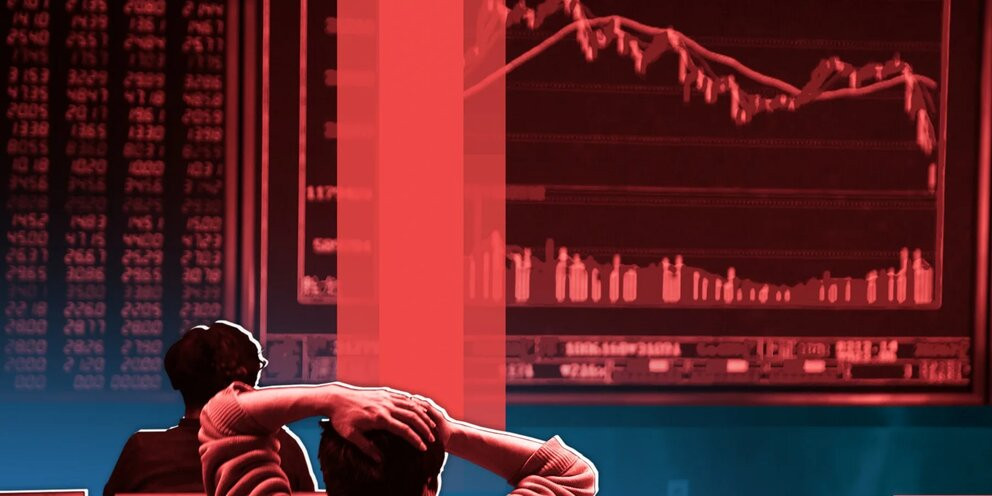
Asian stock indices posted a considerable decline on Tuesday. Thus, the Shanghai Composite Index fell by 1.12%, the Shenzhen Composite Index dropped by 1.65%, and the Hang Seng Index went down by 1.36%. Other indices of the Asian stock market fell even lower: Korea's Kospi lost 2.92%, Australia's S&P/ASX 200 was down by 2.55%, and the Japanese Nikkei 225 declined by 1.98%.
The main reason for such a significant drop in the Asian market is the upcoming meeting of the US Federal Reserve. The regulator is widely expected to make a decision on changes in monetary policy that will take place in March this year. Fed's policy tightening is aimed at fighting record-high inflation. This will eventually affect all global stock markets as liquidity is set to decrease.
The second reason is the rapid spread of a newly detected coronavirus strain. Every day, different countries all over the world report an increasing number of new Omicron cases. This may lead to new restrictions which will result in a slowdown in economic growth.
Among the Nikkei 225 stocks, the biggest decline was recorded in Japan Steel Works, Ltd. (-8.7%), Rakuten Group Inc. (-7.3%), and SoftBank Group Corp. (-5.9%).
As for the Hang Seng Index components, Sino Biopharmaceutical, Ltd. (-4.7%), Geely Automobile Holdings, Ltd. (-4.4%), and JD.com Inc. (-3.5%) posted the biggest losses.
According to preliminary estimates, South Korea's GDP grew by 4% last year compared to 2020, its highest reading since 2011. In the last quarter of 2021 alone, GDP grew by 4.1% year-on-year and 1.1% on a quarterly basis, far exceeding the forecast of 3.7% and 0.9% respectively.
Despite the upbeat macroeconomic data, Korea's index declined, dragging down the shares of Samsung Electronics Co. (-2.1%) and LG Corp. (-3.4%).
Meanwhile, Australia reported a 1.3% increase in consumer prices in the fourth quarter of 2021 on a quarterly basis. At the same time, prices increased by 3.5% over the same period in 2020, which was a record high for the last 7 years. According to forecasts, prices were expected to rise by no more than 1% quarter-on-quarter and 3.2% year-on-year.
Following a decline in the Australian index, securities of ANZ (-4%), Commonwealth Bank of Australia (-3%), and National Australia Bank (-3%) fell in price. Santos, Beach Energy, and Woodside Petroleum also depreciated by 4.8%, 7.7%, and 4.7% respectively.





















